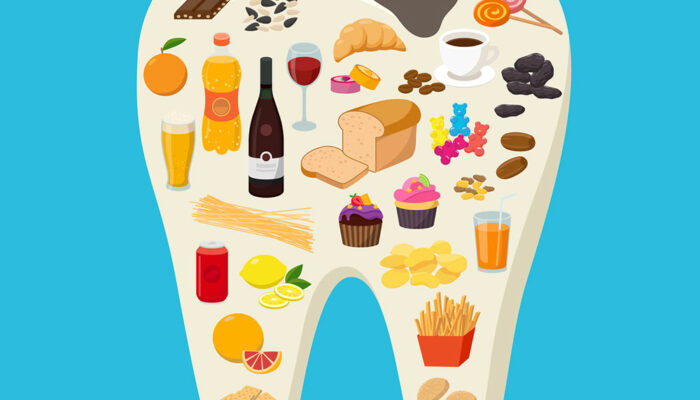
10 Early Signs of Huntington’s Disease
Huntington’s disease is a genetic disorder that leads to the degeneration of nerve cells in the brain. This degeneration can result in various motor, cognitive, and emotional challenges. Although, in rare cases, Huntington’s disease might develop in childhood or in old age, its symptoms can typically be observed when one is 30 to 50 years old. Nevertheless, it is possible to manage the condition upon recognizing the following early signs and seeking timely medical intervention.
1. Changes in movement
Early signs of Huntington’s disease often manifest as subtle changes in movement, like restlessness, fidgeting, or difficulties with coordination. One may also notice that routine activities requiring precise motor skills like writing, tying shoelaces, buttoning a shirt, or just handling small objects become a bit more challenging. These changes are usually the first signs that something is amiss. These changes can significantly impact one’s independence and daily life.
2. Cognitive challenges
Huntington’s disease affects not only movement but also cognitive functions. So, one may experience difficulty with concentration, memory lapses, and trouble planning and organizing tasks when dealing with the condition. Everyday decision-making can become a more prolonged and challenging process.
3. Mood swings
Unexplained mood swings are common early signs of Huntington’s disease. One may exhibit irritability, sadness, or a general lack of interest in activities. These mood changes can be confusing for both those affected and their loved ones.
4. Social withdrawal
Changes in physical abilities and cognitive functions may make those with Huntington’s disease withdraw from social activities. This can be a coping mechanism or a response to the challenges they are facing. Recognizing this symptom is crucial for providing timely support to those affected.
5. Speech and swallowing issues
Changes in speech and swallowing can also be early signs of the condition. Here, one may experience slurring of words or difficulty articulating thoughts. Additionally, one may have trouble swallowing food, which can contribute to an increased risk of choking.
6. Unsteady gait
Walking issues, like an unsteady or stumbling gait, can be an early sign of Huntington’s disease. As the nervous system is affected by the disease, coordination becomes compromised, leading to trouble maintaining a steady and balanced walk.
7. Involuntary movements (chorea)
Chorea, or involuntary jerking or writhing movements, is a telltale sign of Huntington’s disease. These movements can be subtle or pronounced and often affect the face, arms, and legs. Chorea can impact daily activities and contribute to the overall physical challenges associated with the disease.
8. Difficulty multitasking
As cognitive functions decline, multitasking becomes increasingly challenging for those with the condition. Tasks that once could be handled simultaneously may become overwhelming, contributing to frustration and a sense of cognitive overload.
9. Impaired driving skills
Driving requires a combination of cognitive abilities and motor skills. So, those with Huntington’s disease may experience trouble paying attention on the road, making decisions quickly, and coordinating movements, leading to impaired driving skills.
10. Sleep disturbances
Changes in sleep patterns, including difficulties falling asleep or staying asleep, can be early indicators of Huntington’s disease. Sleep disturbances may contribute to increased fatigue and affect overall well-being.



